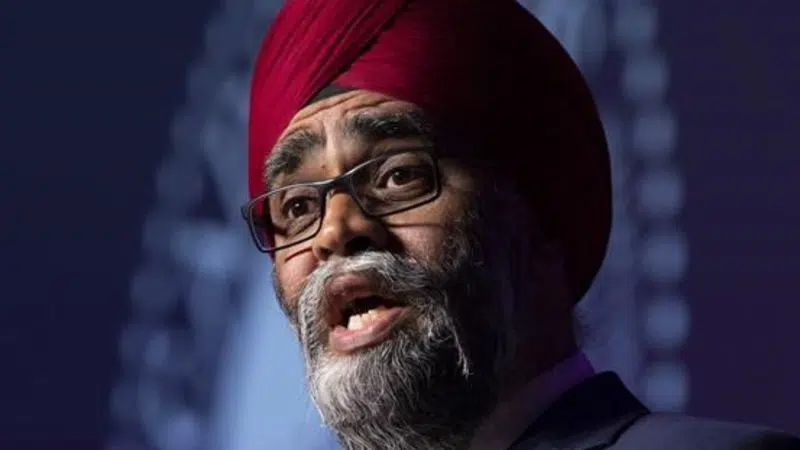
Defence minister asks military watchdog to investigate racism in the ranks
OTTAWA — Defence Minister Harjit Sajjan has asked Canada’s military ombudsman to investigate racism in the Canadian Forces following several high-profile incidents and a report linking service members to right-wing extremist and hate groups.
The unprecedented request also comes on the eve of a fall federal election in which racism and identity politics are expected to figure prominently, though Sajjan says his request is “absolutely not” motivated by politics.
The minister also denied his request to ombudsman Gregory Lick reflected a lack of confidence in the military’s leadership, saying commanders have done a good job responding to individual incidents of racism in the ranks.
“What this allows us to do is to have a much more thorough understanding: are there things we can do to make sure we can prevent it in the first place?” Sajjan said in an interview Wednesday with The Canadian Press.
